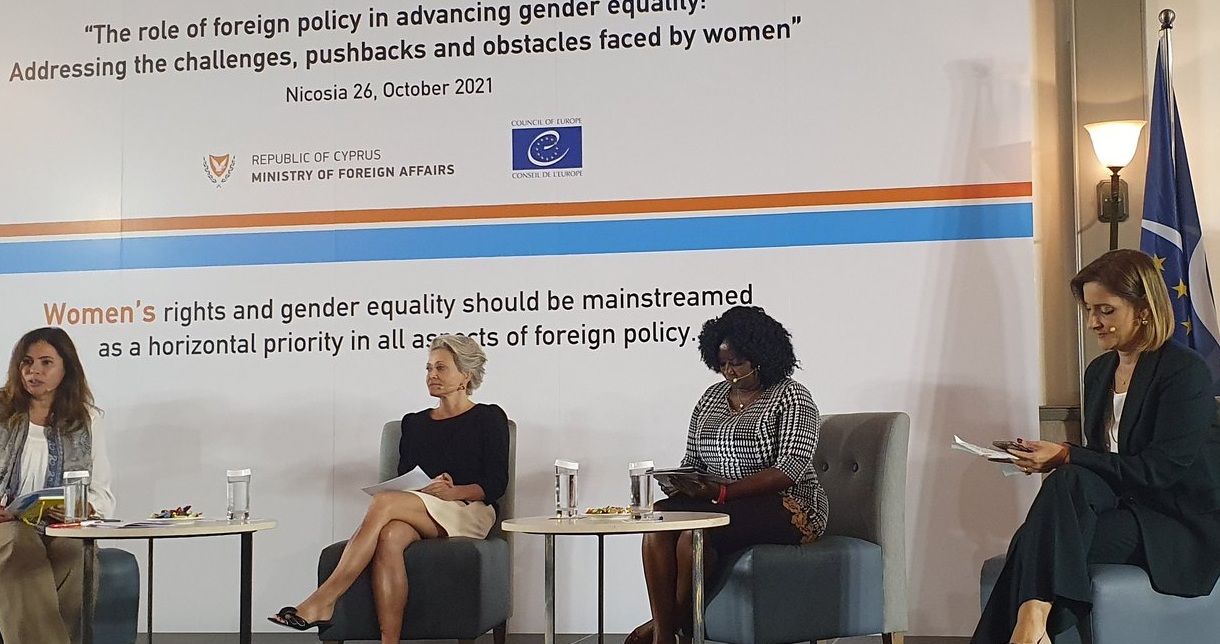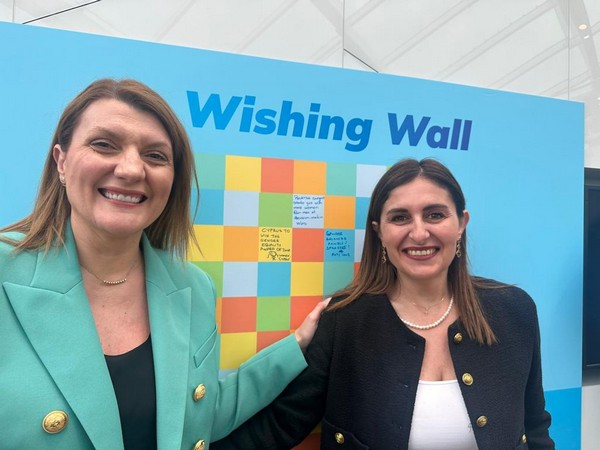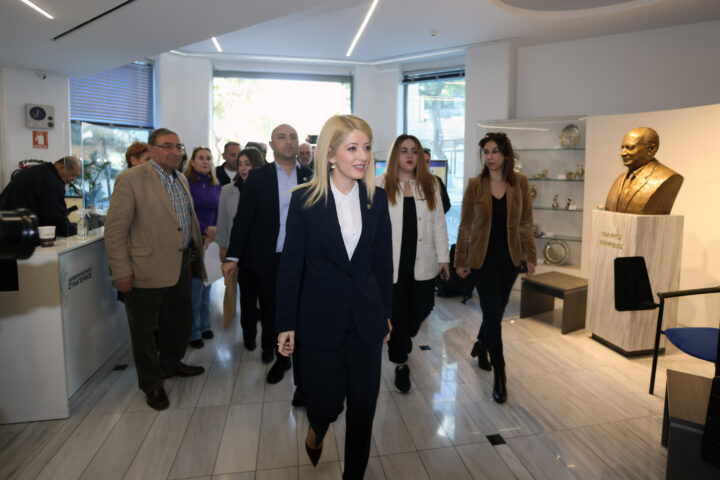Experts on gender equality and women’s rights warned about the danger of failing to achieve the aspirations set by the international community and witnessing a rollback in this area.
Addressing a panel in Nicosia, representatives from the Parliamentary Assembly of the Council of Europe (PACE), the European External Action Service (EEAS), and the United Nations emphasised multilateralism’s role in advancing women’s rights.
Elvira Kovács, Vice-chair of the PACE Sub-committee on gender equality, said, “there are some steps forward, but we see a backlash in different countries, and we still need to work together.”
She referred to the Istanbul Convention on preventing and combating violence against women and domestic violence, the “most important instrument of the Council of Europe”.
“There is a sense of urgency” for gender equality and women’s right, said Alia El-Yassir, the Regional Director for Europe and Central Asia at UN Women, as “we are in danger of not only not achieving the aspirations, but of actually rolling back these rights.”
For El-Yassir, a paradigm shift is necessary.
“In the last 10 years, we have seen this growing movement of this so-called anti-gender ideology.”
She said this ideology is threatening to undo decades of work and activism undertaken by multiple stakeholders.
“Whereas the concept of gender was developed to really unpack what was socially constructed in terms of characteristics of people, this movement, this anti-gender ideology is actively working against gender as a concept to be socially accepted.”
She spoke of a big shift in the last 10 years and said it is difficult to look at the arguments used by this movement because “there are no real standards, there is no consistency, and there is no coherence.”
“We are trying to grapple with something the multilateral systems are not adapted to do.
“That is why we need to shift this paradigm.
“Gender is currently being equated with perversity, with threat, and it is seen as a foreign invasion in many places, an infiltration.”
Stella Ronner-Grubačić, EEAS ambassador for Gender and Diversity, said the pandemic had exacerbated inequalities while increasing the level of gender-based violence enormously.
The EU has set up a recovery fund that provides a substantial amount to countries to deal with the pandemic and its aftermath.
“Coming up with various strategies is easy; implementing them is the real hard work.”
The ambassador pointed to the situation in Afghanistan and the need to implement the international community’s initiatives and commitments for women and girls in the country.
“The only way to do this is by working all of us together.
“It is through joint efforts and cooperation that we are at our best.”
Tuesday’s conference on “the role of foreign policy in advancing gender equality” was organised by the Foreign Ministry in partnership with the Council of Europe. (source CNA)










